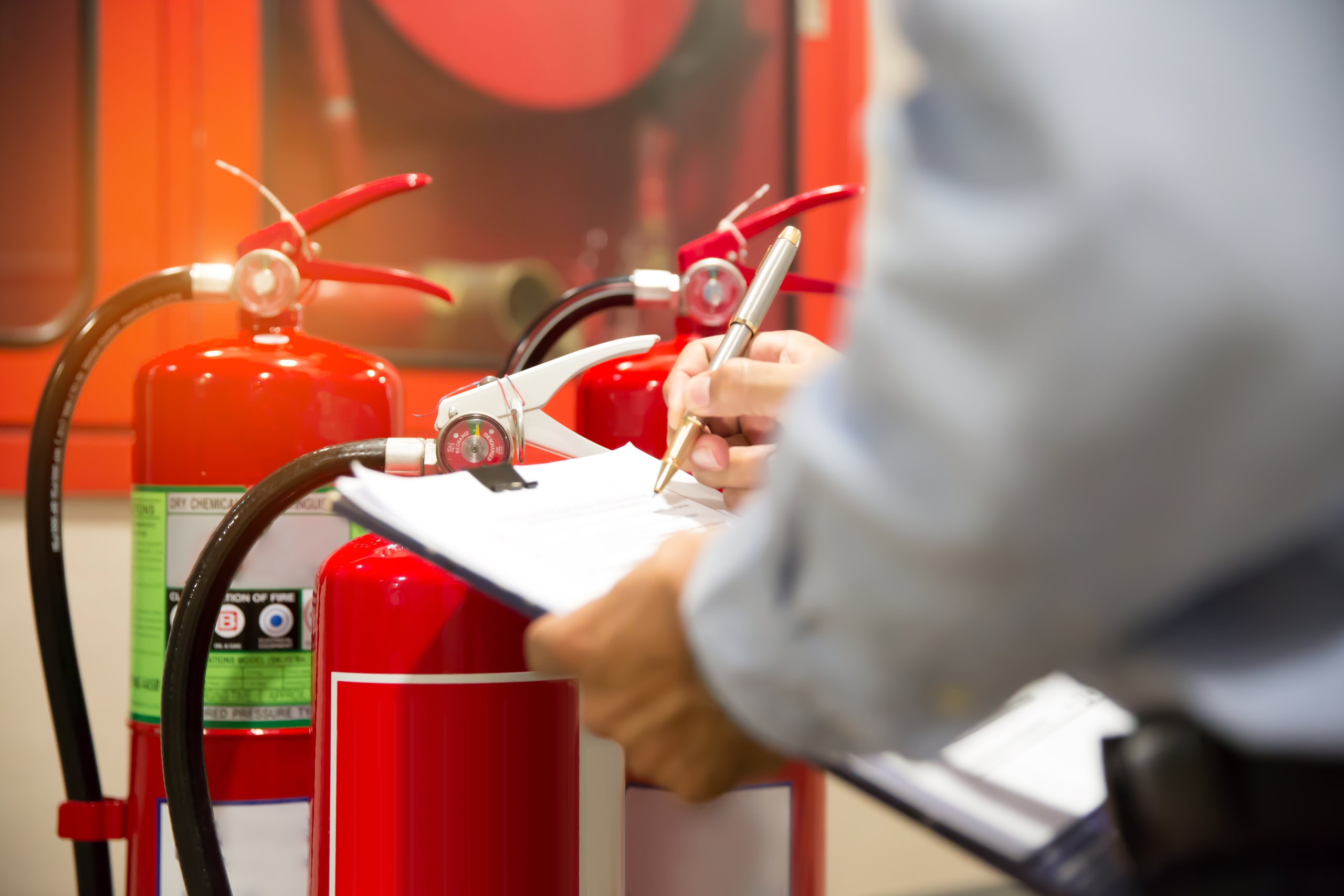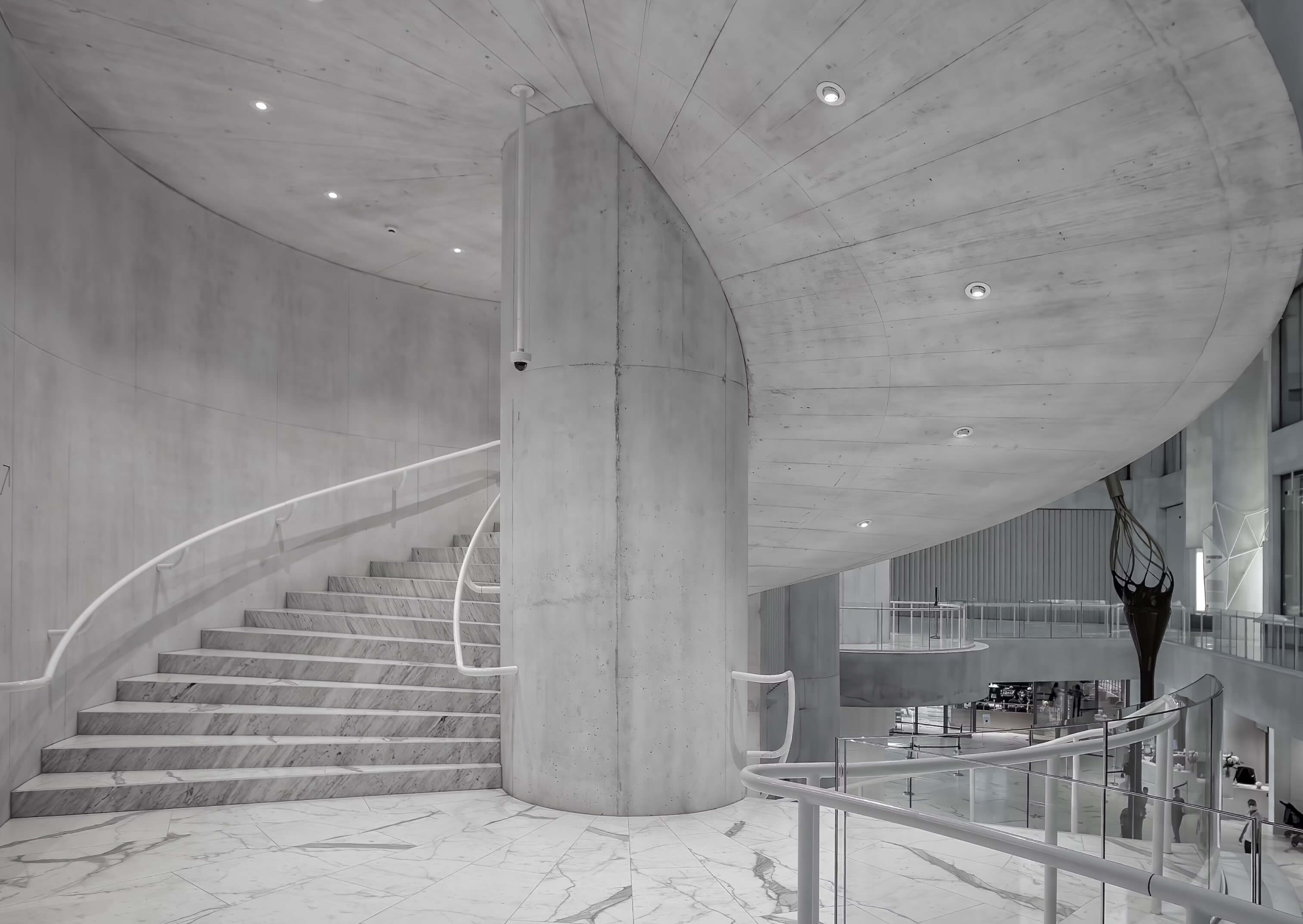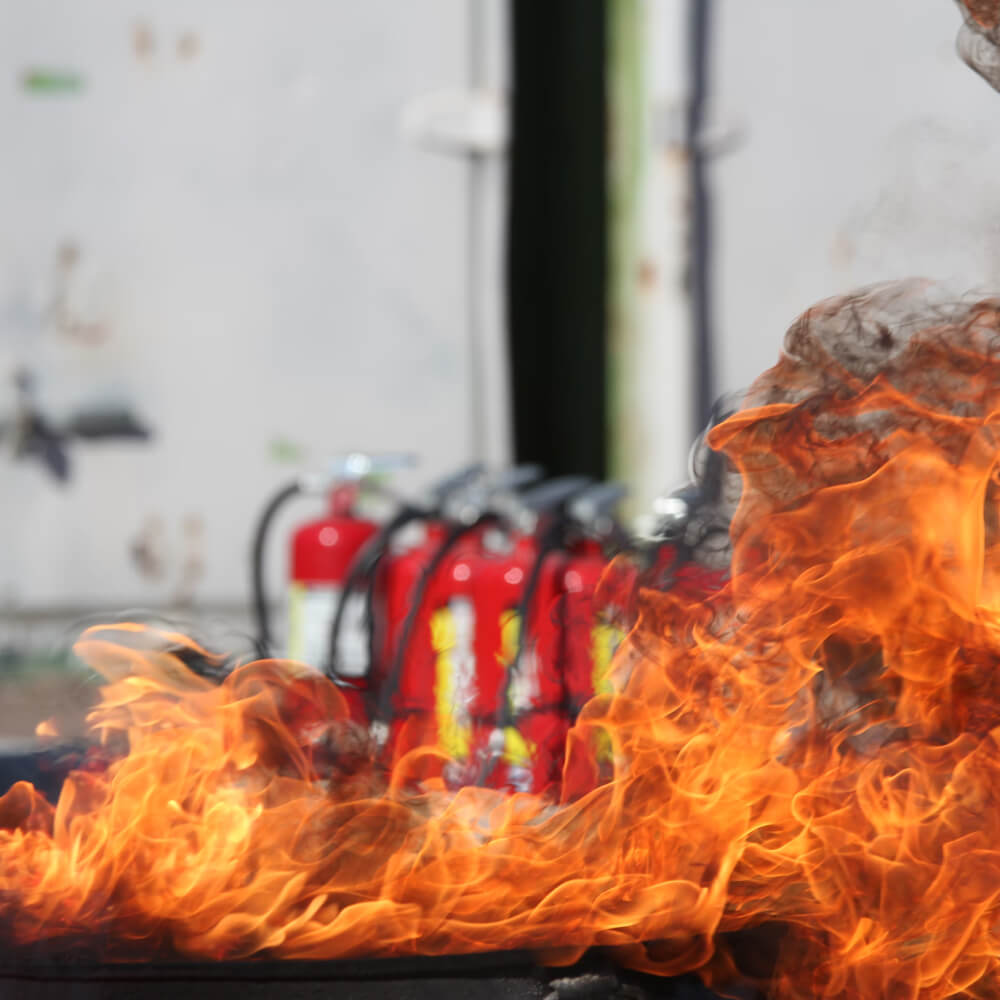In the context of the modern economy, the process of applying for investment licenses has become more convenient and flexible, particularly with the innovation of the one-stop-shop policy. This has facilitated a more streamlined approach for businesses and individuals to quickly complete necessary procedures. Specifically, if you are looking to conduct business in Vietnam, the following are the segments for which you need to obtain licenses:
- Types of project licenses:
- Investment license;
- Company incorporation license;
- Construction permit;
- 1/500 master plan;
- Various other licenses.
2. Legal basis for administrative procedures:
- Decree No. 64/2012/ND-CP of September 4, 2012, by the Government on construction permits;
- Decree No. 24/2006/ND-CP of March 6, 2006, by the Government amending and supplementing Decree No. 57/2002/ND-CP of June 3, 2002, by the Government detailing the implementation of the Ordinance on Charges and Fees;
- Circular No. 10/2012/TT-BXD of December 20, 2012, by the Ministry of Construction providing detailed guidance on certain contents of Decree No. 64/2012/ND-CP of September 4, 2012, by the Government on construction permits;
- Decision No. 61/2013/QD-UBND of December 24, 2013, by the People's Committee of Binh Phuoc Province on the issuance of regulations on construction permits in the province;
- Decision No. 42/2012/QD-UBND of December 28, 2012, by the People's Committee of the province on the promulgation of the fee and charge levels for certain types in the province."
3. Projects outside of industrial parks, export processing zones, high-tech parks, and economic zones:
- Projects irrespective of the source of capital, including the construction and business of airports, seaports, exploration and processing of oil and gas, minerals, broadcasting and television industries, casinos, tobacco production, university education facilities, and the establishment of industrial zones.
- Projects with a scale from 1.500 trillion VND upwards, including electricity business, mineral processing, metallurgy, construction of transportation infrastructure, and the production and business of alcoholic beverages.
- Foreign-invested projects, including maritime transport, postal services, telecommunications, internet, printing, publishing, and scientific research.
Projects that are in accordance with the plans approved by the Prime Minister will be granted licenses without the need to submit to a higher level. Conversely, projects that are outside the planned scope or do not meet international standards will require opinions from relevant ministries and approval by the Prime Minister.
For industrial infrastructure development projects without a management board, the provincial People's Committee will be the licensing authority.
4. The licensing process includes the following steps:
- Step 1: Submit the application at the Department of Planning and Investment, receive feedback after 35 days.
- Step 2: The Department of Planning and Investment seeks opinions from relevant agencies.
- Step 3: Check the legality of land use.
- Step 4: The provincial People's Committee reviews and makes a decision.
5. The required documents for preparation include:
1. Application for a permit.
2. Copy of identity card or passport.
3. Detailed project description document.
4. Documents about the source of capital.
5. Land use proposal and resettlement plan if necessary.
6. Environmental impact report.
7. Explanation of technology to be used.
8. Economic efficiency evaluation.
Submit the application at the Department of Planning and Investment where the project will be implemented.
To avoid the risk of rejection, many businesses choose to use professional services for drafting investment permit applications, as experience and professionalism will increase the chances of approval and reduce the risk of rejection due to incomplete or unconvincing documentation.
Dịch vụ khác

Design - Appraisal - Fire Protection for Industrial Factory
With years of experience working in industrial zones, Double L thoroughly understands the behavior and needs of our customers. We always regard our clients as partners and aim for a mutually beneficial relationships between Double L and our clients.

Design - Appraisal - Fire Protection for Rooftop Solar Power Systems on Industrial Factory
With years of experience working in industrial zones, Double L thoroughly understands the behavior and needs of our customers. We always regard our clients as partners and aim for a mutually beneficial relationships between Double L and our clients.

CONTACT DOUBLE L NOW!
Double L understands what you need in Vietnam and we customize our services to meet those requirements.

